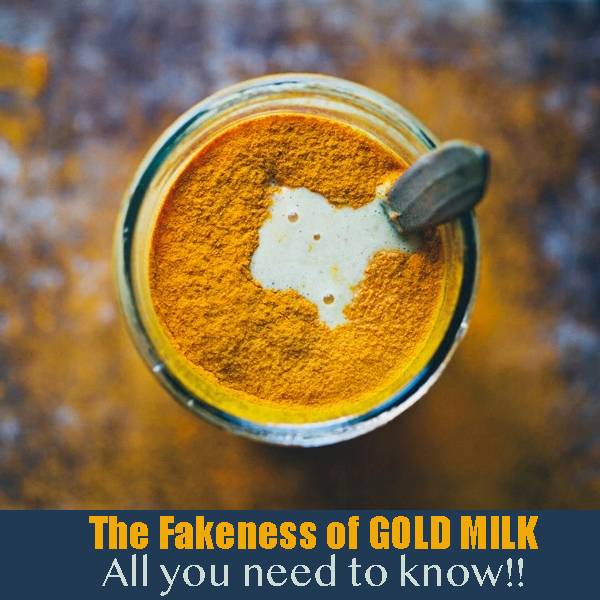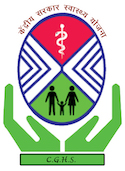Know about Ulcerative Colitis
- Ulcerative colitis is closely related to Crohn’s disease. Crohn’s disease is also an inflammatory condition of the intestine.
- Ulcerative colitis is a chronic condition with an unknown cause.
- The difference between Crohn’s disease and ulcerative colitis is that ulcerative colitis affects the inner lining of the colon. In contrast, Crohn’s disease may affect any portion of the intestine and includes all layers of the bowel wall.
- There are different conditions that relate to this condition. The two most common are Raktaja Atisara and Sannipataja Grahani.
- Ulcerative colitis affects both men and women equally.
- Although ulcerative colitis is a worldwide health issue, it is more common in northern Europe, England, and the United States.
- More than 50% of patients who have ulcerative colitis have mild symptoms.
- Symptoms of ulcerative colitis may differ from person to person.
- Ulcerative colitis is rare in the black population and rarely seen in Asia, Eastern Europe, and South America.
- First-degree relatives of patients with ulcerative colitis are at increased risk of developing this disease. However, the overall risk is small.
- Western medicine has no cure for ulcerative colitis.
- Ayurveda has complete treatment for ulcerative colitis.
Types of Ulcerative Colitis
Depending on the location, ulcerative colitis is of following types:
- Ulcerative proctitis – In this type, the inflammation confines to the area that is close to the anus or rectum. The symptoms of the disease is intermittent rectal bleeding. It is the mildest form of ulcerative colitis. However, a few patients may have severe rectal inflammation and experience pain in the rectum, along with the sudden urge to defecate that compels the patient to rush to the toilet.
- Procosigmoiditis – Here, the inflammation involves the sigmoid colon, which is the lower end of the colon and the rectum. The sign and symptoms are abdominal cramps, bloody diarrhoea, and pain. There is tenesmus or the urge to pass bowels but there is inability to move bowels.
- Left-sided Colitis -The inflammation extends up to the sigmoid colon or the descending colon from the rectum. Sign and symptoms include abdominal pain and cramping on the left side, bloody diarrhoea, and unintended weight loss.
- Pancolitis – It is also known as universal colitis. It affects the entire colon. It causes bouts of bloody diarrhoea. The bloody diarrhoea is severe, along with abdominal pain or cramps. There is significant weight loss and fatigue. If inflammation is low-grade, the symptoms may be mild. Nevertheless, in most cases, it is a severe condition.
- Acute severe ulcerative colitis or fulminant colitis – This is a rare type of colitis. It affects the entire large intestine. Later on the same process leads to bleeding, diarrhoea, pain in abdomen, fever, and inability to eat.
Symptoms of Ulcerative Colitis
The very first symptom of ulcerative colitis is diarrhoea. Diarrhoea may begin suddenly or slowly.
Depending upon the severity of the inflammation and the location, ulcerative colitis exhibits following some signs and symptoms:
- Diarrhoea with blood or pus.
- Abdominal pain
- Abdominal cramps
- Rectal pain
- Rectal bleeding i.e., passing blood with stool
- Urgency to defecate
- Inability to defecate despite urgency
- Not feeling hungry
- Dehydration
- Canker sores
- Psoriasis and joint pain
- Anaemia
- Pain in eyes when looking at a bright light
- Skin sores
- The feeling of not able to empty the colon completely even after defecation
- Not being able to hold the stool
- Waking up at night to defecate
- Unintended weight loss
- Fatigue
- Fever
- In children, there is a failure to grow
In the patient suffering from ulcerative colitis, the symptoms keeps going and coming back. There may be a period when you do not have any sign or symptoms for weeks or years.
Ulcerative colitis if left untreated increases the chances of colon cancer.
What if Ulcerative Colitis is not treated properly?
- Thickened intestinal wall
- Sepsis
- Intestinal bleeding
- Toxic megacolon- It is the condition of rapid swelling of the colon.
- Rarely liver diseases
- Hole in the colon
- Kidney stones
- Severe dehydration and shock
- Ankylosing spondylitis- It is inflammation of the joints between the spinal bones.
Ulcerative colitis may also lead to osteoporosis, skin rashes, arthritis, and inflammation of eyes.
Causes of Ulcerative Colitis
The cause behind the ulcerative colitis is not known. However, the researchers believe the overactive immune system results in the inner lining of the colon.
Risk factors that play a role in the development of colitis include:
- Genes – If your parents or relatives have ulcerative colitis, your chances of acquiring this disease increases. Also, recent studies have identified specific genes that may play an important role in developing ulcerative colitis.
- Immune disorders – People suffering from any immune disorder are more likely to develop ulcerative colitis.
- Infection – Viruses, bacteria, and antigens may trigger the immune system.
- Environmental factors – Environmental conditions such as certain foods, cigarette smoking, lack of hygiene and diet may trigger ulcerative colitis.
How Ulcerative Colitis Occurs
In general, the body’s immune system produces temporary inflammation to compact any infection or illness. In some cases, the immune system remains active even after the infection subsides. White blood cells continue to enter the lining of the intestines and produce chronic inflammation and ulcers. This is an autoimmune condition. Where some scavenger cells starts killing the healthy cells of the body.
This type of misbehavior of cells is linked to DNA of cells somewhere. Where all the information stores in the body. When this information corrupts at any level, that leads to the improper working of these cells.
This complicated pathology makes the condition of ulcerative colitis, hard to treat. The steroids only work to keep the immune system on hold. Therefore these medicines suppress the symptoms. But as soon as medicines are withdrawn, problems start appearing again. Being a center where we are working on autoimmune conditions, Sukhayu Ayurved may be a place where you can get complete cure for the condition.
So let’s discuss the viewpoint of Ayurveda about disease and details about Ayurveda treatment of ulcerative colitis.














